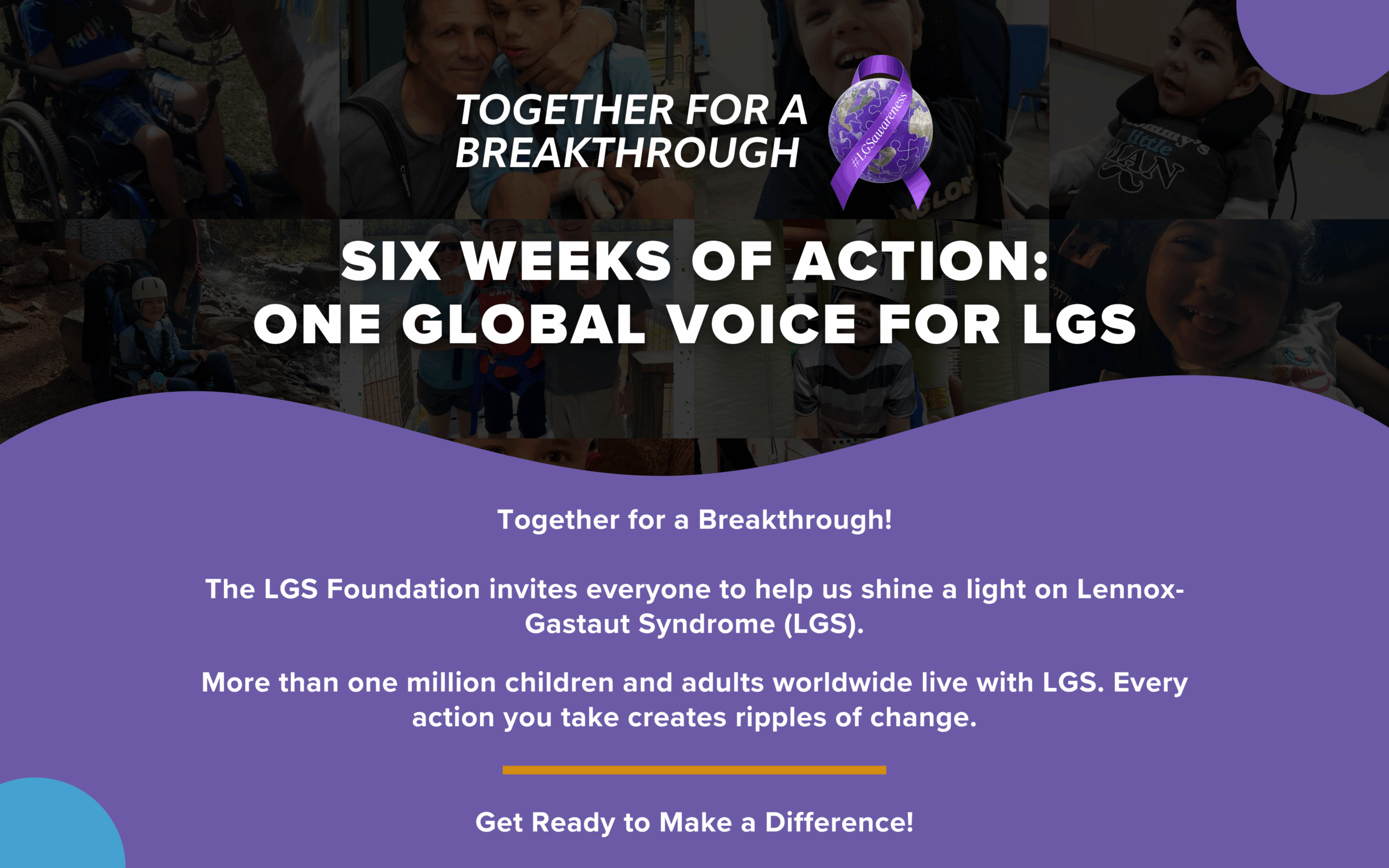Tonic Seizures
What Is A Tonic Seizure?
Muscle “tone” is the muscle’s normal tension at rest. In a tonic seizure, the tone is greatly increased: the body, arms, or legs become tonic and suddenly stiffen or tense.
- Tonic seizures are a prominent seizure type in LGS
- A person may be aware or have only a small change in awareness during a tonic seizure.
- They usually happen during sleep and usually involve all or most of the brain, affecting both sides of the body.
- They are short, usually less than 20 seconds.
- A person may fall if standing when a tonic seizure starts.
- Stiffening or other movements can be seen in other neurological problems, especially in children so it is important to get an EEG to confirm tonic seizures.
- A written description or video of what happens during the seizure is very important for diagnostic purposes. For example, tonic seizures start suddenly with forceful movements. Events that start more slowly may be due to another condition.
See Examples of Tonic Seizures
Do you have an example of a Tonic Seizure in LGS that you are willing to share? If so, please email info@lgsfoundation.org
 First aid:
First aid:
if the person falls, roll the person on their side so they don’t breathe any saliva or other secretions into their lungs (aspirate), make sure the person is breathing is okay, and ensure they don’t injure themselves. Time the seizure.
 Emergency Care:
Emergency Care:
A seizure that lasts more than 5 minutes (status epilepticus), or three seizures in a row without a clear recovery between them (seizure cluster), is a medical emergency. Administer at-home seizure rescue medication immediately and if the seizure does not resolve, call for emergency help.
The information here is not intended to provide diagnosis, treatment, or medical advice and should not be considered a substitute for advice from a healthcare professional. Content provided is for informational purposes only. LGSF is not responsible for actions taken based on the information included on this webpage. Please consult with a physician or other healthcare professional regarding any medical or health-related diagnosis or treatment options.
Click Here to Return to Seizure Types Associated with LGS
Updated February 10, 2022

